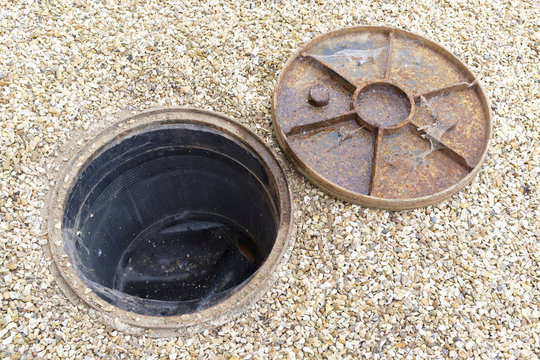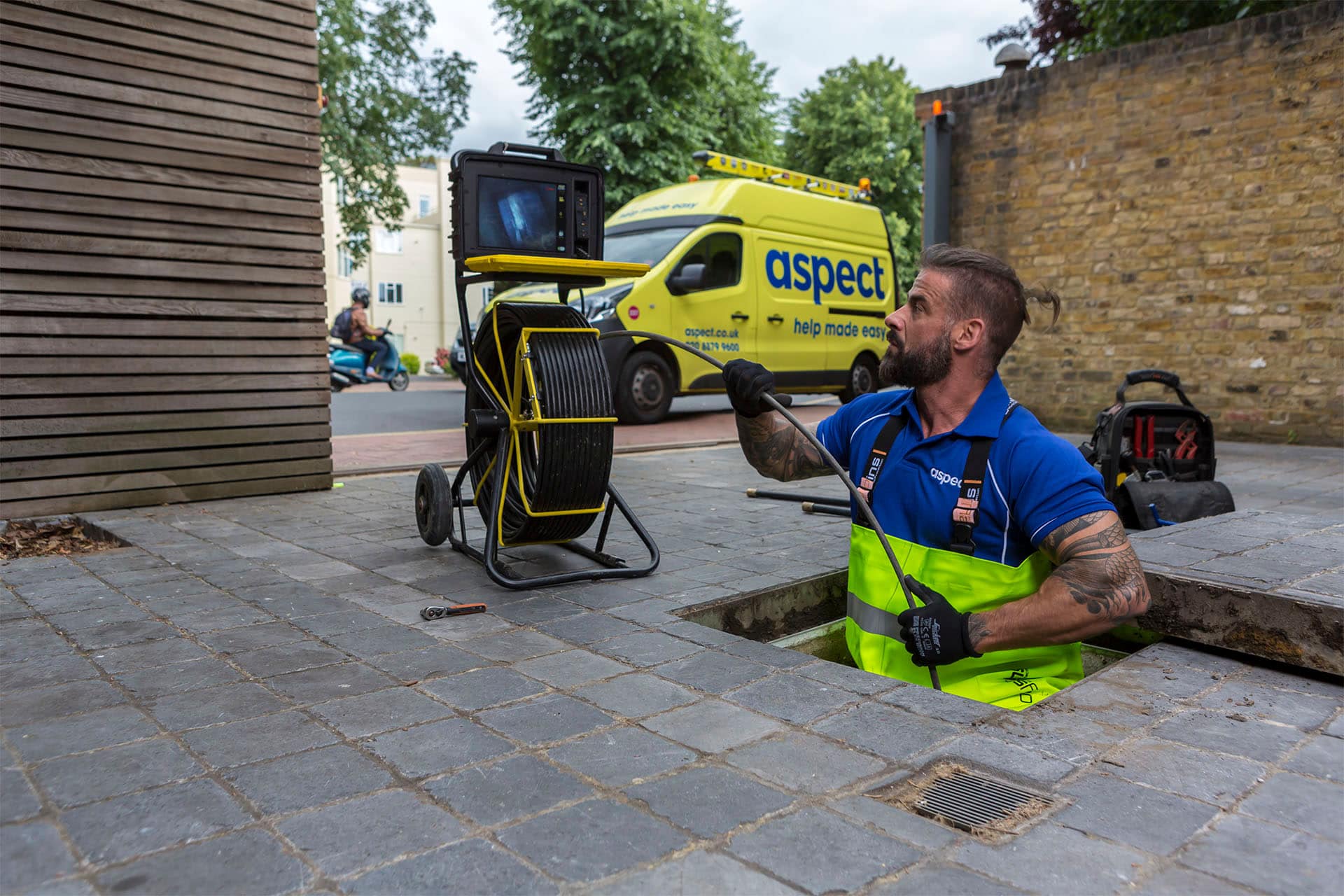Every person maintains their unique perception with regards to How to handle a clogged drain in your home.

Introduction
Taking care of a blocked drainpipe can be an aggravating experience, disrupting daily activities and possibly triggering damages to your residential property. Nonetheless, prior to reaching out to pipes specialists, there are actions you can take to address the issue on your own. In this guide, we'll discover DIY solutions and preventive measures to take on an obstructed drainpipe efficiently.
Identifying the Issue
The first step in addressing a blocked drainpipe is recognizing the indicators. Sluggish water drainage, gurgling noises, foul odors emanating from drains, or water backing up are common indications of a blocked drainpipe. Determining these signs early can aid stop additionally difficulties.
Usual Sources Of Obstructed Drainpipes
Understanding the variables that contribute to drain blockages is necessary for efficient resolution. Typical offenders include hair, soap scum, oil, food particles, and foreign objects like hygienic items or paper towels. Tree roots getting into underground pipelines can also trigger considerable obstructions.
DIY Solutions
For minor obstructions, several do it yourself options can be reliable. Putting boiling water down the drain can help liquify grease and debris. Baking soda and vinegar or a mixture of salt and cooking soft drink can serve as natural cleansers. Making use of a plunger or pipes serpent to remove obstructions is another alternative.
Devices and Equipment
Having the right tools on hand can make DIY drain cleansing a lot more effective. A bettor is a functional device for removing blockages in sinks, bathrooms, and showers. A plumbing snake or auger can reach deeper clogs, while drainpipe cleansing chemicals can be used cautiously for persistent clogs.
Preventive Measures
To avoid future obstructions, embracing safety nets is vital. Set up drain guards or filters to catch hair and particles before they get in the pipelines. On a regular basis flush drains with hot water to dissolve grease buildup, and avoid getting rid of grease or solid waste away.
When to Call a Specialist
While do it yourself remedies can fix small obstructions, certain signs show the demand for specialist assistance. Relentless blockages, foul odors regardless of cleansing efforts, or numerous drains pipes supporting all at once are red flags that necessitate expert treatment.
Picking the Right Pipes Solution
When choosing a plumbing service, think about factors such as experience, licensing, and consumer evaluations. Choose a credible plumbing technician with a performance history of quality craftsmanship and clear pricing practices.
Cost Considerations
The cost of specialist drainpipe cleaning services can vary depending on the severity of the clog and the plumbing technician's prices. Demand quotes from multiple suppliers and ask about any kind of surcharges to guarantee openness and stay clear of surprises.
Safety Precautions
When trying DIY drainpipe cleaning, focus on security. Use protective gloves and eyeglasses to avoid contact with hazardous chemicals or germs. Never ever blend various drainpipe cleansing products, as this can create harmful fumes.
Instance Researches
Real-life examples highlight the performance of DIY solutions and the importance of timely expert treatment in solving drain blockages.
Final thought
By complying with the ideas detailed in this guide, you can successfully tackle obstructed drains and stop future plumbing problems. Whether selecting do it yourself solutions or looking for professional support, timely activity is essential to keeping a healthy and balanced plumbing system and preserving the integrity of your home.
HOW DO PLUMBERS AND DRAINAGE EXPERTS CLEAR BLOCKED DRAINS?
Most of us have dealt with a backed up drain at some point in our lives! Whether it’s in our home or at our business, when the toilet begins to overflow or the sink doesn’t drain properly, we ultimately seek help from professionals to clear wastewater lines and get things flowing again.
Sure, you can attempt every possible drain hack in the hopes that your line clears but, often, it’ll require more than just pouring something down the drain. Keep in mind too, that pouring acid-based liquid cleaners down your drain can result in even more problems. If unable to clear – and pass through – the clog, it’ll sit in the line and begin to eat away at the pipe. Calling a plumber or professional to clear your drain might be your last resort but it’s the proven result. So, what do they do, and what type of equipment do they use, to get rid of a blocked drain line?
How Do Plumbers And Drainage Experts Clear Blocked Drains?
To better understand exactly where the problem is located, experts will typically start with an assessment and a video sewer inspection. Using non-invasive equipment that enters and exits through the pipe, these cameras offer a look inside the pipe and can spot anything from buildup, to forming clogs, to tree roots to small holes that could be a future problem – in real-time. It can see up to 150 feet of even the hard-to-reach places of the line, so there’s nowhere to hide.
https://www.zoomdrain.com/blog/2023/january/how-do-plumbers-and-drainage-experts-clear-block/

I hope you enjoyed reading our topic on How to handle a clogged drain in your home. Thank you for taking time to read through our blog post. You should set aside a second to share this blog if you enjoyed reading it. We enjoy reading our article about What I learned from trying to deal with a clogged drain.
Information Here